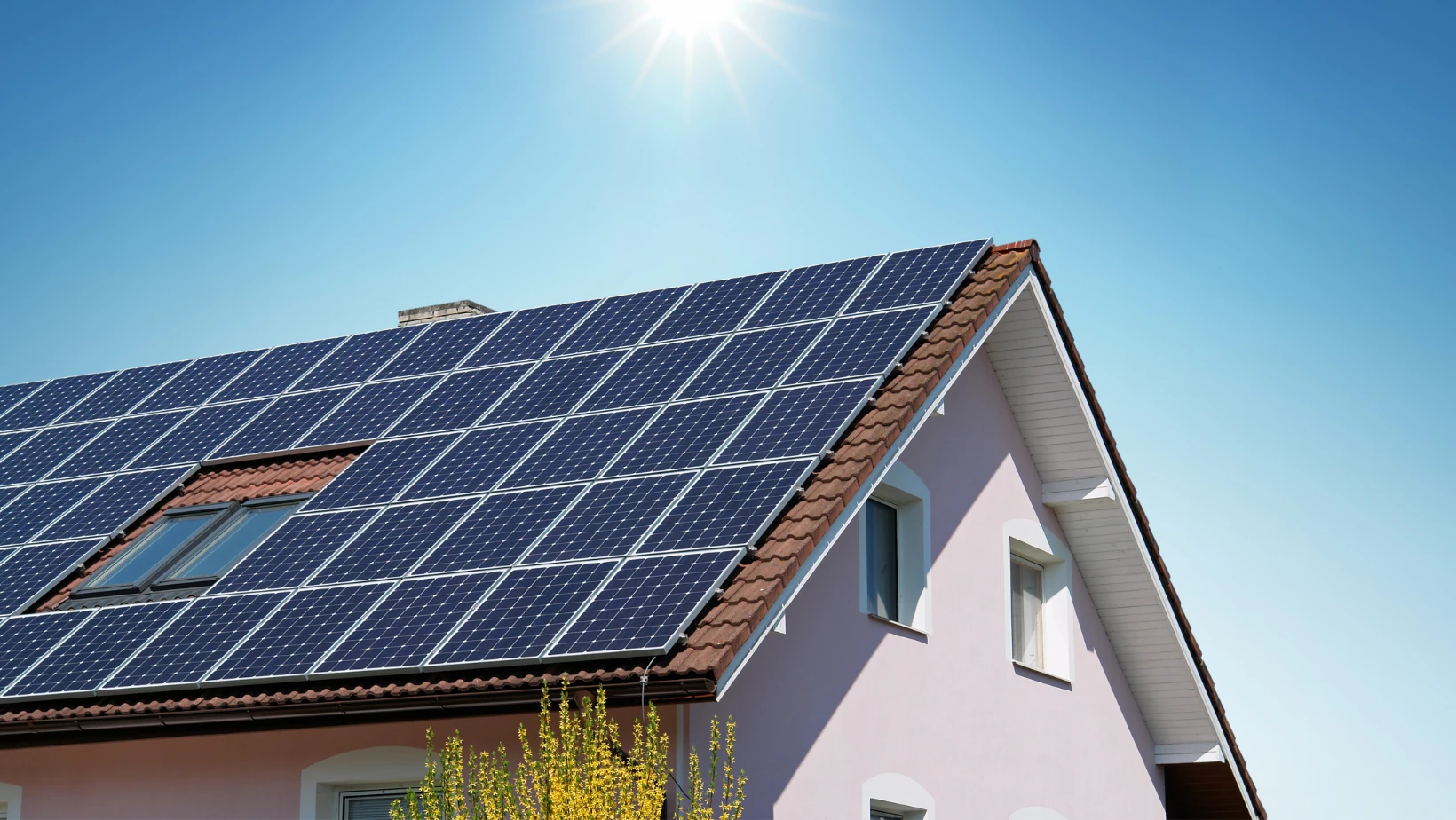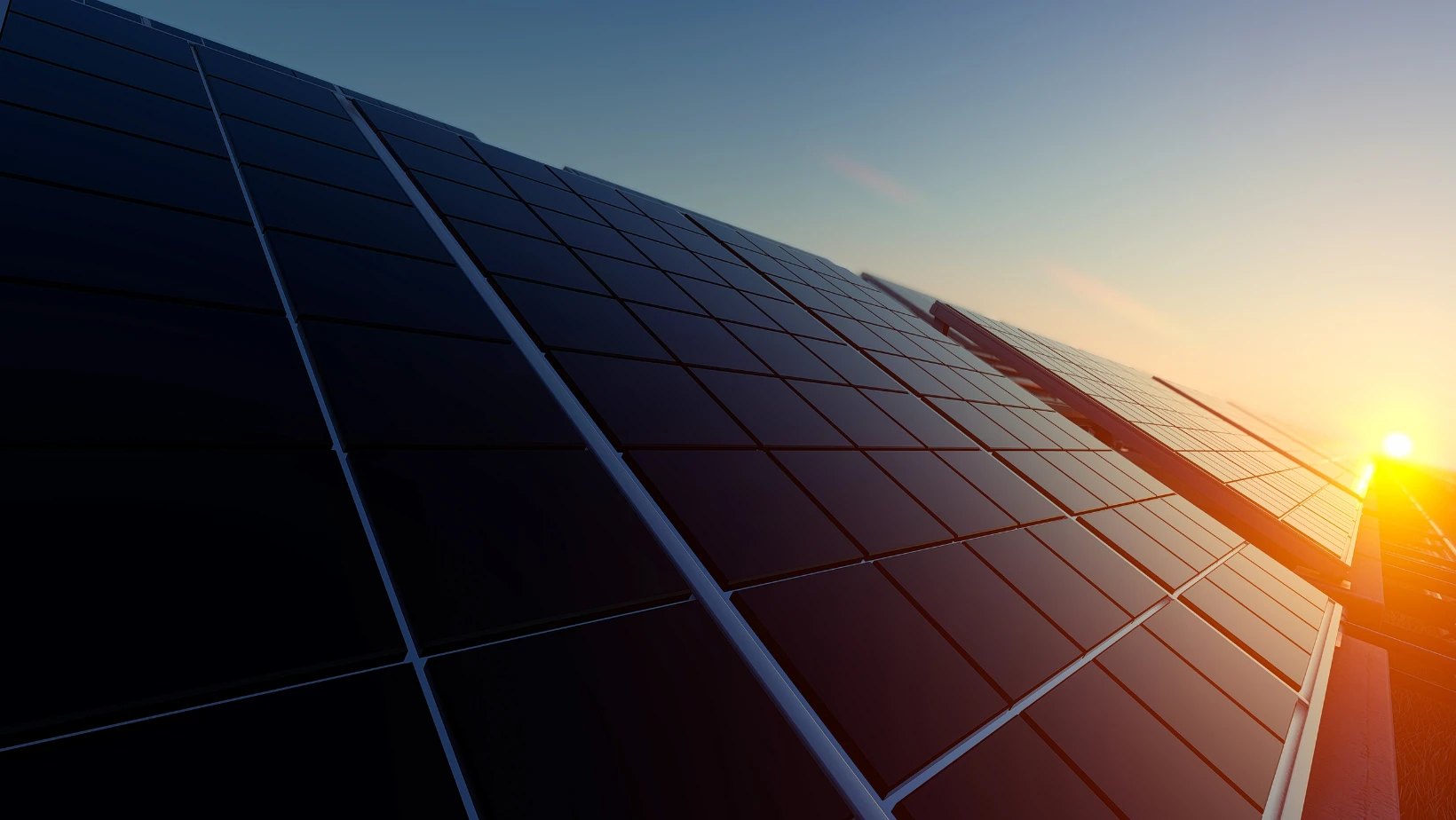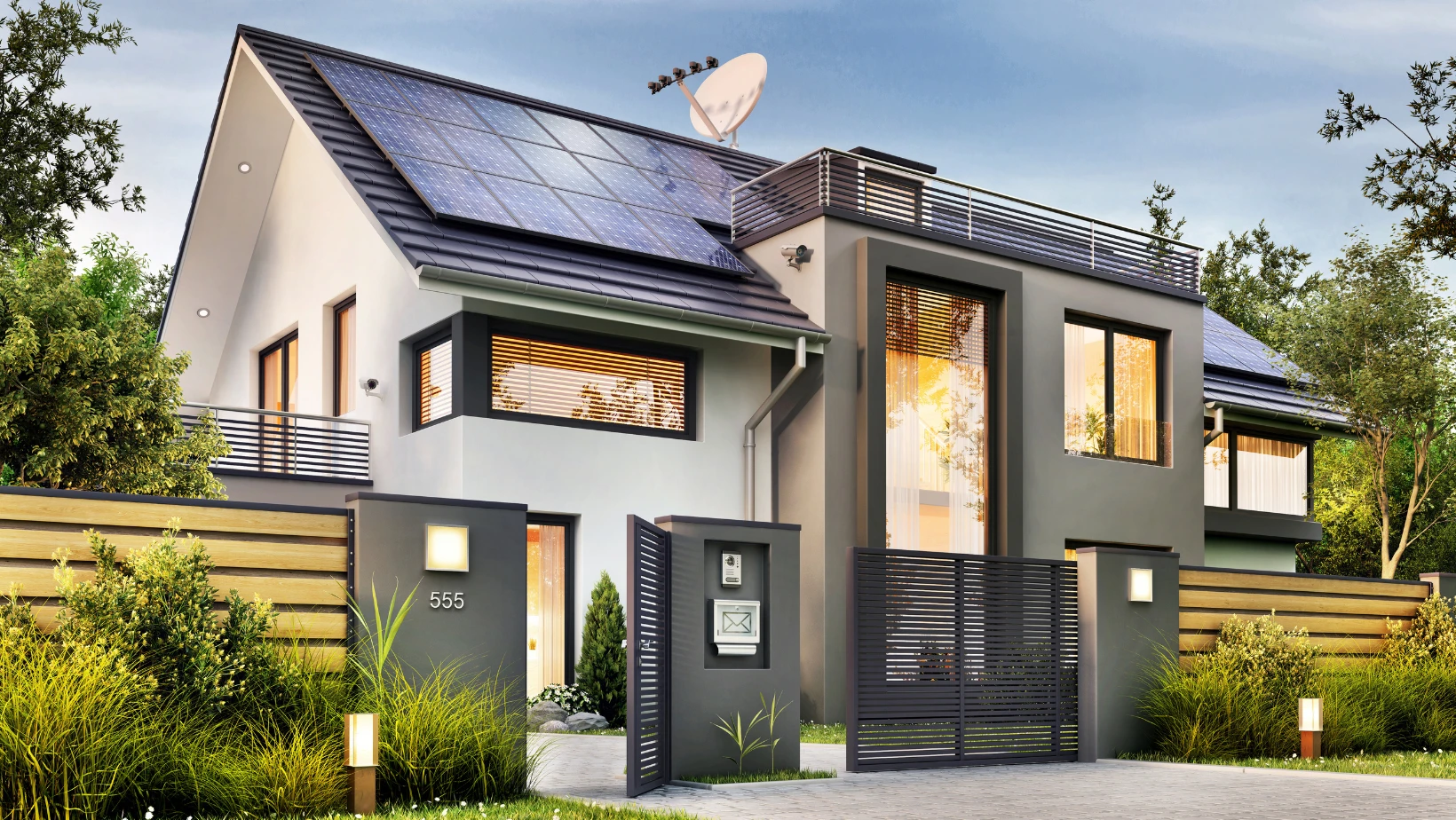Solar panels can be a great investment that can unlock future savings for decades
A solar panel system can be a great addition to your home or business. Solar systems offer energy independence and lower utility bills — helping you save money.
Like any investment, you might wonder how long solar panels can last. Solar systems can last for 25-30 years, saving you money each month in utilities. These savings can seriously stack up, resulting in your system paying for itself.
While solar panels slowly lose efficiency over time, Enact customers see payback periods between four to ten years. Additionally, solar panels have long warranty periods. These warranties can guarantee a certain level of efficiency at the end of the period. Your panels will continue to generate clean electricity at the end of their warranty period, though less efficiently.
Summary
- Solar panels generally last around 25-30 years
- Over time, solar panels slowly degrade and generate less electricity
- Check solar panel performance and product warranties to estimate equipment lifespan
How long do solar panels last?
The life expectancy of solar panels is typically around 25-30 years. However, this doesn’t mean your panels will stop producing electricity after this period. After 25 or more years, the electrical output of panels will have significantly decreased.
Solar panels can generate electricity for decades unless they are damaged by weather, accidents or human error. However, solar panels slowly degrade and produce less and less energy over time.
The best indicators of the lifespan of a particular solar panel are the performance and product warranties. Before you purchase a solar panel, it’s best to review warranty and technical specification documents. These documents provide an overview of what to expect from your panels.
What’s the solar panel degradation rate?
Solar panels experience a gradual decline in performance after exposure to sunlight, weather conditions and other factors. The measure of this decline is called the degradation rate, which is the rate at which panel efficiency and output decrease over time.
The National Renewable Energy Laboratory (NREL) found in a 2012 study that the average panel degradation rate was 0.8% per year. The majority of the 2000 degradation rates studied — at 78% — had a rate of less than 1% per year.
Degradation rates are not universal and change from manufacturer to manufacturer. Typically, at the end of a 25 year warranty period — manufacturers expect solar panels to perform 80-92% of their original capacity.
Solar can be technical, but it doesn’t need to be scary. Let’s say your panels have a degradation rate of 0.5% — at the end of year one, your solar panels will produce 99.5% of their original capacity. For every year after its first use, you can subtract 0.5% from the original 100%.
Many factors influence this decrease in efficiency. These factors include exposure to sunlight, temperature fluctuations, humidity, mechanical stress, material quality and manufacturing accuracy.

Factors that influence the solar panel lifespan
Multiple factors impact how long solar panels will last. Solar panels can last decades, offering energy independence and utility savings. These factors might influence how long your panels will last.
Panel Quality
Not all solar panels are made equal. There are a wide variety of solar panels on the market, made for different budgets and situations. All solar panels degrade and lose efficiency over time, but high quality panels often have smaller degradation rates. This means high-quality panels can remain more efficient over time and potentially last longer.
Panel Installation
Solar panels are specialized equipment that require proper installation. While you can install solar panels yourself, there are multiple risks associated with self-installation. Proper installation can protect the equipment and your roof, which can help prolong your system lifespan. Going through a trusted installer, such as from Enact’s network of trusted installers, can protect your panels, your roof, your warranty and your safety.
Climate & Weather
Climate can impact the longevity of your solar panels. Temperature fluctuations, extreme heat, extreme cold, large amounts of snow and high winds can impact your solar panels. While solar panels are made to be durable in many conditions, systems in extreme climates can experience shorter lifespans.
Maintenance
Routine maintenance and cleanings can help identify problems before they become big. Having a trained installer maintain, clean and repair your system can prolong its lifespan. Solar monitoring can also help alerts you when your system needs maintenance. The Enact Home solar monitoring software shows users if their system is online and displays energy generation and savings over time.
How to make your solar panels last
Solar panels can last decades, but their lifespan is determined by many factors — some of which are in your control. Here are some tips and tricks to make your solar panels last longer.
Monitor your system
Solar is an investment, so you should monitor that investment. Solar monitoring apps, like Enact Home, provide insights into your system’s performance. Enact Home users can see their energy generation and financial savings over time. Seeing these trends can alert you to when your system isn’t optimally performing.
Schedule maintenance checks
Just like you should go to the dentist twice a year, it’s recommended to have a qualified solar professional inspect your system twice a year. These routine inspections can help you identify potential problems before they become expensive problems. Professionals can identify if your solar panels and mounting equipment are in good shape.
Schedule routine cleanings
Dust, dirt and debris can build up on your solar panels. These particles can block your panels from the sun, decreasing their efficiency. Clean solar panels can give you a better idea of your system’s performance. As you monitor your solar system’s performance, you can have a better idea of your system’s degradation rate.

How long are solar panel warranties?
Solar panels are covered by different types of warranties that cover different issues. These warranties vary by type, by manufacturer and by product.
What is a product warranty?
The product warranty covers your panels for free in case of malfunctions caused by material defects or manufacturing flaws. If your panels break due to a problem with the material or workmanship, a product warranty will cover the replacement costs. Product warranties vary by manufacturer and product — but typically last for 10-25 years.
What is a performance warranty?
Solar panels all degrade at different rates, losing performance each year. Manufacturers try to specify a standard degradation rate. The performance warranty ensures your solar panels won’t degrade at a faster rate than guaranteed.
Meaning if you notice decreased performance from your panels beyond what you were guaranteed, the performance warranty will cover maintenance or replacement.
Performance warranties — sometimes called power warranties — typically last longer than product warranties. A good performance warranty lasts for 20-30 years.
After this warranty period, your solar performance should be at the level set by the manufacturer. This means if your system’s degradation rate is 0.3% and has a performance warranty of 25 years — it should perform at 92.5%.
What happens at the end of my solar panel warranty period?
At the end of your solar panel warranty period, your solar panels will continue to produce clean energy for your home. However, your panels will not produce to the same extent.
After your warranty period ends, your panels may produce 80-92% of their original output. This drop is considered significant by the manufacturers. However, they can still work for many years afterward. Consider monitoring your system’s performance. When an issue arises, explore maintenance or upgrade options.
Can I recycle my solar panels?
Yes, there are recycling options available for solar panels. After your warranty ends and your panels are no longer working optimally — recycling can be a great disposal option. Recycling solar panels limits waste and keeps harmful materials from landfills. These harmful materials can damage our soil, water, environment and health.
The good news is that when solar panels are properly recycled, these materials can be reused for future solar equipment or other electronics. Some of the materials used in the manufacturing of solar panels are rare — such as gallium or indium.
Currently, solar panel recycling and refurbishment is relatively new in the U.S. Consumers have fewer options at the moment, but as solar panels become more popular — there will be future demand for recycling.
American recycling programs are currently geared toward large-scale solar. The best way to recycle your solar panels would be to contact your local installer or the manufacturer. In the future, there will be more options available. To learn more about solar panel recycling, visit the U.S. Environmental Protection Agency’s website.
Finding solar panels that work for your home is easy
Going solar doesn’t have to be hard. Solar energy is an investment, leading to future savings and protecting our natural environment. Enact helps homeowners and businesses get custom solar systems, designed for their energy needs.
We make going solar simple, all while offering our customers choice and transparency. You have options and Enact wants to make it simple — we show you a custom solar system with no hidden fees.
Schedule a free consultation with a home energy advisor and see why Enact is the one-stop shop for going solar. During your consultation, you receive a free solar proposal — designed for your home.
Once you find the right system, Enact customers have access to a wide variety of payment and financing options. Unlike a traditional installer, we not only offer equipment choice — but we have transparent pricing and rates.
Don’t wait to go solar and invest in decades of clean energy and savings. Enact can help you find the right solar system for your home. Get a free quote today.
Written by David Bartle, Content Marketing Associate.


